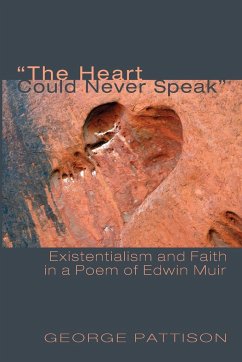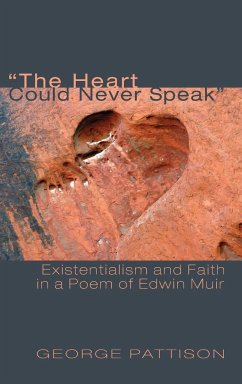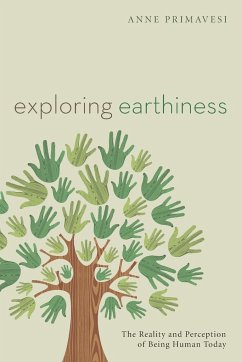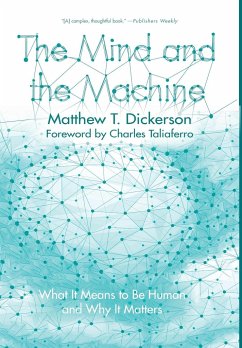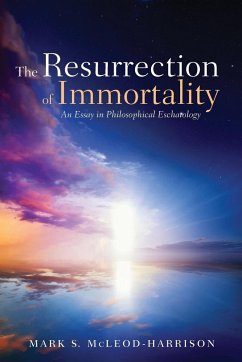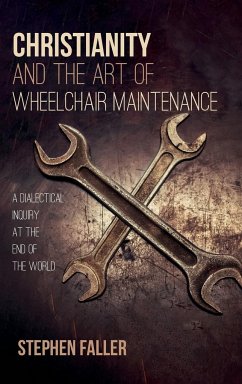The book offers an interpretation of a posthumously published poem by Edwin Muir (1887-1959), beginning "The heart could never speak / But that the Word was spoken." The poem is read as summing up Muir's lifelong struggle with fundamental questions about the meaning of existence, questions often developed in dialogue with such figures as Nietzsche, Holderlin, and Kafka. These references allow us to bring Muir into conversation with modern existentialist philosophy and theology, and Muir's poetic thought is seen as both illuminating and as illuminated by such existentialist thinkers as Heidegger, Bultmann, Kierkegaard, and Berdyaev. Themes such as death, time, love, the nature of language, and the alienation brought about by technological mass society, and the threat of nuclear catastrophe are central to the poem's subject-matter and are dealt with by Muir in such a way as to make possible a Christian version of existentialist thought. The perennial nature of such questions in modern society makes the poem as relevant to contemporary issues in religious thought today as when it was written. For all its simplicity, it is the argument of the book that it makes an abiding contribution to human self-understanding.
Hinweis: Dieser Artikel kann nur an eine deutsche Lieferadresse ausgeliefert werden.
Hinweis: Dieser Artikel kann nur an eine deutsche Lieferadresse ausgeliefert werden.

